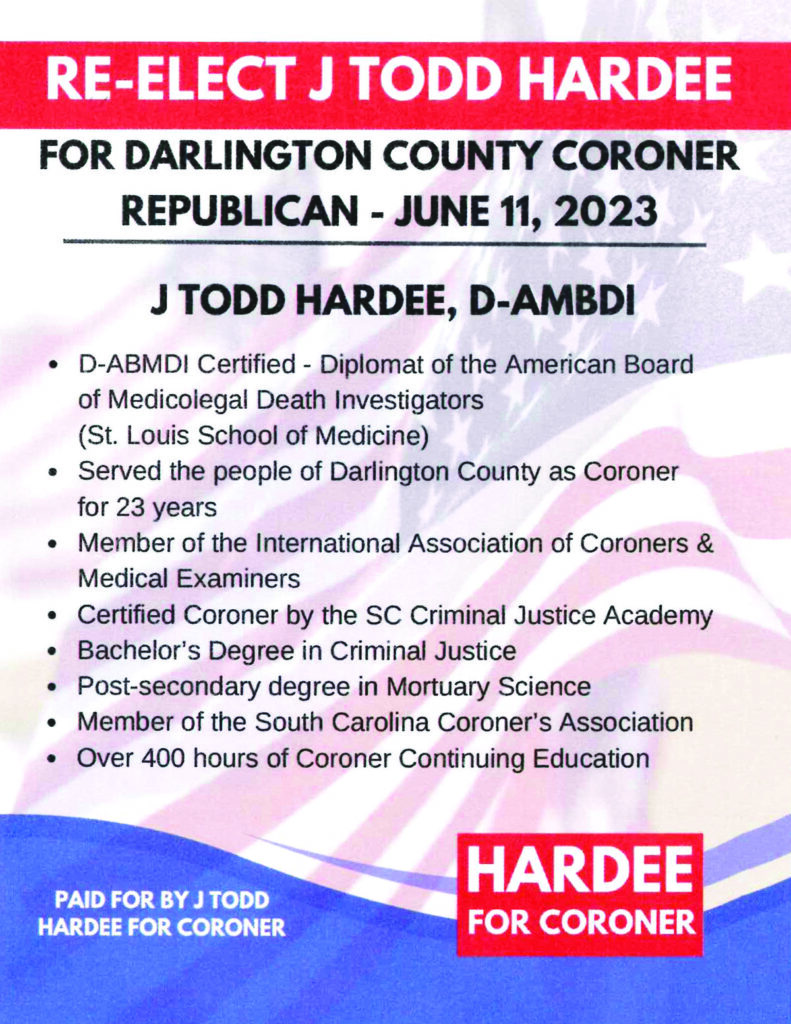Clemson Extension workshops for landscapers benefit environment

CLEMSON — Clemson University Cooperative Extension is organizing a series of daylong workshops throughout the state to help professional landscapers properly apply weed control and fertilizer.
The Pesticide Calibration and Safety Workshop provides step-by-step instruction on sprayer and spreader calibration, along with numerous landscaping tips and an overview of product labels and safety. Upcoming workshops will be held Aug. 11 in Fort Lawn, Sept. 21 in Spartanburg, Oct. 5 in Conway, Oct. 20 in Columbia and Dec. 5 in Greenwood.
“Sprayer and spreader calibration is one of the more underutilized strategies that pesticide applicators use,” said Extension agent Cory Tanner, leader of the Extension urban horticulture team. “Any piece of equipment needs to be calibrated to make sure you’re putting out the appropriate amount of product – fertilizers, insecticides, fungicides or herbicides.”
Applying too little is ineffective. Over-application pollutes the environment.
“You get leaching of that product into the groundwater or surface streams, which harms the environment, and also it costs the applicator money, which is passed on to the consumer,” Tanner said.
The magnitude of spray usage and the collective benefits of proper calibration can be seen when driving down any commercial corridor filled with landscaped hotels, retail stores, hospitals, schools, municipal parks and offices or through residential neighborhoods with parks and sports fields.
The Pesticide Calibration and Safety Workshop is popular with commercial landscapers and municipal employees who are eligible to receive recertification credits to meet the requirements of their pesticide applicators’ licenses.
Jared Carrell of Landscapers Supply of Greenville attended a recent workshop in Easley so he could better answer customer questions and provide tips to his customers about properly calibrating their pesticide sprayers.
“Understanding the different landscaping problems really helps us know what products to carry, too,” he said. “This adds a knowledge base I didn’t have.”
Carrell said he regularly uses Clemson Extension’s Home and Garden Information Center website to assist customers, as well.
In addition to sprayer calibration instruction, the course includes a similar tutorial for fertilizer and seed spreaders and offers an overview of product labels and safety gear, along with a drift demonstration that uses a box fan to visualize the distance spray drifts under in low wind speeds.
Attendees also learn to identify the symptoms and signs of landscape stress from insects and disease. Pictures can be sent to local county Extension offices or mailed to the Plant Problem Clinic at Clemson University.
“Take a lot of pictures, not just of the plant, but of the surrounding environment as well. A lot of times, telling us where a plant is located will tell us what the problem is,” said Steven Jeffers, Clemson professor of plant pathology.
At a recent workshop, Clemson Extension agent Paul Thompson uncovered several common landscaping mistakes, including over-pruning trees and over-applying mulch. Mulch should be no more than 2 to 4 inches high and spread several inches away from the tree’s trunk and extending as wide as the tree’s canopy. Piling a “mulch volcano” around the trunk can encourage rooting above the soil, prevents water from leaching into the tree’s root zone where it is needed most and can cause other problems at the base of the tree, such as disease, Thompson said.
“The bark of the trunk is not intended to be in a dark moist environment,” he said.
Another common mistake, he said, is the over-pruning of Crape Myrtle trees. They do not need to be topped for the winter. If space is a problem, homeowners and landscapers should choose dwarf varieties rather than excessively prune their Crape Myrtles, Thompson said.
When replanting potted plants, never add soil amendments to the hole, Jeffers said. Holes should be dug twice the circumference of the plant’s pot but at an equal depth of the pot. Make sure to loosen the soil around the edge of the hole, too.
“If you don’t, you are essentially putting that plant into a clay pot and its roots will never leave your soil amendment,” Jeffers said.
These are among many tips offered at the Pesticide Calibration and Safety Workshop. Workshops cost $75, which includes lunch, and registration is required. Workshops typically run from 8:30 a.m. to 4:30 p.m. The following workshops have been scheduled:
• Aug. 11 – Fort Lawn Community Center, 5554 Main St., Fort Lawn. Register by Aug. 7. For information, contact Paul Thompson at pthmpsn@clemson.edu.
• Sept. 21 – Spartanburg Community College, 107 Community College Drive, Spartanburg. Register by Sept. 18. For information, contact Drew Jeffers at ajeffe3@clemson.edu.
• Oct. 5 – Horry County Extension Service, 1949 Industrial Park Road, Conway. For information, contact Gary Forrester at gfrrstr@clemson.edu.
• Oct. 20 –at the Clemson University Sandhill Research and Education Center in Columbia. For information, contact Jackie Jordan at jkopack@clemson.edu.
• Dec. 5 – Greenwood County Extension Service, 105 N. University St., Greenwood. For more information, contact James Hodges at jmhodge@clemson.edu.K


